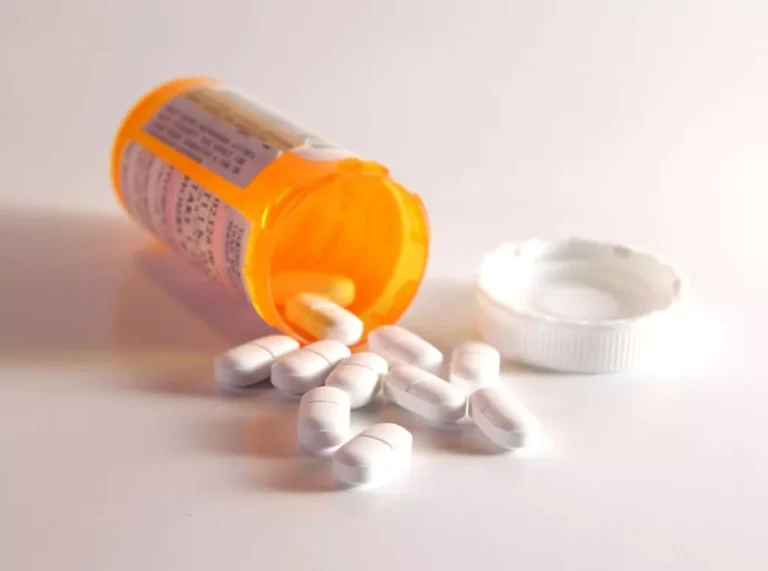
Binge drinking can lead to serious consequences, so it’s important to learn the facts and risk factors of binge drinking, and how you can get help if you are struggling. While you can’t control how other adults handle alcohol, if you’re the parent of a teen who binges, you’ll want to take action. Alcohol use can have life-long effects on developing brains and bodies.
- Understanding the effects of binge drinking can increase your motivation to cut back on how much alcohol you consume in one sitting.
- Your role is simply to remind them of commitments they made and offer small nudges in the right direction.
- “It’s occurring in patients over 65 at an astronomical rate, with one in six reporting binge drinking,” says Brett A. Sealove, M.D., chief of Cardiology, Jersey Shore University Medical Center.
How much is a drink?
Excessive drinking is also bad for the cardiovascular system, leading to increased risk of heart attack, high blood pressure, and irregular heartbeat. In some cases, the people around you might continue to pressure you to drink. Perhaps you’re worried that they’ll think less of you if you don’t drink more. Keep in mind that people who really care about you will accept your decision. Consider avoiding people who pressure you as well as people who tend to binge drink. Alcohol lowers inhibitions and, in the moment, makes you feel more relaxed.
Social and wellness issues
Dissect and challenge those worries with more realistic thoughts. The truth is other people are usually far less focused on you than you believe. For example, you can resolve to stick to one or two drinks during your outing with friends. To keep that limit in mind, consider writing it down, setting a reminder on your phone, or telling a friend about your intentions. Remember that drinking can lower inhibitions and impair judgment, so once you go past your set limit you might have a harder time stopping.
Medical Professionals
Cutting back on the amount or frequency of drinking can reduce these risks. «People who binge drink are more likely to develop alcohol use disorder, particularly if they continue to binge drink even if it causes them problems,» Dr. Koob says. The number of women who binge drink has steadily increased over the past decade, Dr. Koob says.

Health Categories to Explore
- An alcohol binge can occur over hours or last up to several days.
- The less alcohol you drink, the lower your risk for these health effects, including several types of cancer.
- Ethyl alcohol poisoning generally results from drinking too many alcoholic beverages in a short period of time.
- While you can’t force a loved one to abandon their binge drinking habits, voicing your concerns and offering support in the right way may help motivate them to change their ways.
Binge drinking, one of these patterns, involves consuming several drinks in a short period of time. An episode of binge drinking can bring your blood alcohol content (BAC) to dangerous, even life-threatening levels. As a result, you might experience a blackout, vomit, or even pass out. Some binge drinkers only drink once a week; others even less frequently. In fact, abstaining from alcohol between sessions of excessive alcohol consumption is a key characteristic of binge drinking. You may think that because you’re not physically dependent on alcohol and don’t have to drink every day that your drinking isn’t harmful.
Alcohol poisoning is an emergency
- An episode of binge drinking can bring your blood alcohol content (BAC) to dangerous, even life-threatening levels.
- «These numbers can vary based on the person’s metabolism, size, and weight,» he says.
- If you find yourself binge drinking regularly or are having a hard time managing your drinking, help is available to you.
- Binge drinking may seem sort of harmless on the surface, but to count the real cost you need to look beyond the day-after-downsides and consider the short and long term health risks.
- The most recent edition of the “Diagnostic and Statistical Manual of Mental Disorders (DSM-5)” includes AUD as a mental health diagnosis.
- If you spend most workdays hungover, daydreaming of the glass of wine you’ll have as soon as you get home, that’s still a concern.
By Sarah Bence, OTR/LBence is an occupational therapist with a range of work experience in mental healthcare settings. The good news is that binge drinking can be prevented by adjusting your habits and being more intentional when you pour yourself a drink. The main indicator of a binge-drinking episode is having four to five drinks (or more) within two hours. It isn’t linked to a dependency on alcohol, and the CDC frames it as a preventable problem. Binge drinking has different effects on different people.

Be mindful of how often you engage in activities that could involve alcohol, such as local trivia nights or sports events. Try to make those types of activities take a backseat to other hobbies. For example, they might decide to stick to one drink per occasion or no more than three drinks per week. When you’re drinking together, binge drinking effects remind them of the limit they set for themselves. To help an underage drinker drop the habit, you’ll need to understand their motivations and be willing to converse with them in a nonjudgmental way. Because underage drinking can come with legal consequences, it’s also necessary to establish rules and consequences.

What is considered 1 drink?
https://ecosoberhouse.com/ involves a pattern of short but heavy bursts of alcohol use. When you drink like this, you consume enough alcohol over the course of two hours to raise your blood alcohol concentration to the legal limit of intoxication (0.08 percent in the U.S.) or higher. That translates to about four or more drinks for an adult female or five or more drinks for an adult male.
Over the long run, alcohol increases the risk of several cancers, including cancer of the liver, mouth, throat, voice box, esophagus, colon, and rectum. Even a few drinks a week is linked with an increased risk of breast cancer in women. There’s not a lot of research on how long the physical effects of binge drinking last, or whether your body can recover completely. Too much alcohol affects your speech, muscle coordination and vital centers of your brain. A heavy drinking binge may even cause a life-threatening coma or death. This is of particular concern when you’re taking certain medications that also depress the brain’s function.
If your alcohol use is causing trouble for you at work, at home, in social situations, or at school, it’s a problem. It’s not necessary to have all the above symptoms before seeking medical help. A person with alcohol poisoning who has passed out or can’t wake up could die. Treatment tends to have more benefit when you address unwanted patterns of drinking sooner rather than later. So, you don’t have to wait until alcohol use feels uncontrollable before reaching out for help.

